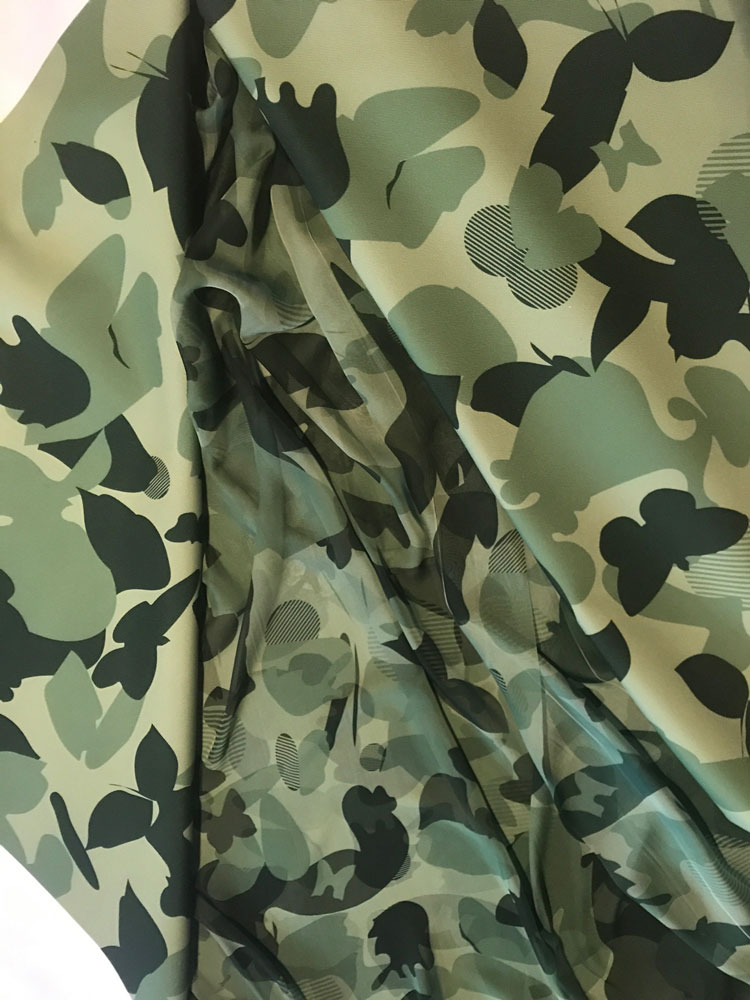ART CITIES:Berlin-Jasmina Metwaly & Yazan Khalili
 The Consortium Commissions is an innovative model for co-commissioning art projects by emerging artists from the Arab world initiated by Mophradat*. Every two years Mophradat creates a network of collaborating partner museums, art centers, theaters, and festivals around the world, that collectively select, produce, and exhibit ambitious new artworks by emerging artists from the Arab world.
The Consortium Commissions is an innovative model for co-commissioning art projects by emerging artists from the Arab world initiated by Mophradat*. Every two years Mophradat creates a network of collaborating partner museums, art centers, theaters, and festivals around the world, that collectively select, produce, and exhibit ambitious new artworks by emerging artists from the Arab world.
By Efi Michalarou
Photo: KW Institute for Contemporary Art Archive

Mophradat provides each selected artist with a grant of up to US$20,000 to cover the production of their new project, and the artist’s work is presented at two of the prestigious institutional partners, who curate and fully finance the exhibitions and performances. The artists are selected on the basis of the artistic merit of solicited project proposals after a rigorous nomination process from within the project’s partner network. KW and Mophradat present two solo exhibitions by Jasmina Metwaly and Yazan Khalili. The artist and filmmaker Jasmina Metwaly’s most recent project centers on the cultural signification of military uniforms in the aftermath of the 2011 Egyptian revolution. “Anbar” (2019) is a three-channel video installation with accompanying textile components. Here Metwaly considers the uniform as an emblem of the paranoia and anxiety that descended on Egypt in the years following the overthrow of President Hosni Mubarak. The work is organized around three characters (a former conscripted soldier, a tailor, and an activist filmmaker) who each demonstrate particular ties to the Egyptian military. The tailor, for instance, dressed Mubarak and his successor Abdel Fattah el-Sisi, as well as the late military leaders Gamal Abdel Nasser and Anwar Sadat. Metwaly suspends her three characters in distinct yet porous narratives that reveal specific moments of revolutionary history not typically represented by mainstream news outlets. The videos employ various formal devices that intimate different approaches to filmmaking while showing the ways in which ideology and power are embedded into the folds of everyday life. Anbar is accompanied by a suite of three uniforms that Metwaly produced in collaboration with the Polish costume designer Marta Szypulska. The designs of the uniforms are loose interpretations of traditional military fatigues, made from fabric with a unique pattern fashioned after a butterfly motif that appears in the related videos. The motif offers an alternative to standard military-issue camouflage, the use of which is restricted for security purposes in Egypt. By pairing government regulation with the vagaries of fashion, Metwaly embraces the legitimacy of the uniform while undermining its logic. The garments play up the decorative use of military insignia and camouflage in contemporary fashion in order to further underscore how laws regulating uniforms are a proxy for safety and fear, standardization and national identity. Taken together, the works in the exhibition speculate on how uniforms confer power and serve as disguises for the ordinary civilians who enter the ranks of the military. Yazan Khalili is an artist and cultural practitioner based in Ramallah, Palestine. He is the director of the Khalil Sakakini Cultural Center in Ramallah. His photography is detailed, reflective and full of intent. He uses photography and the written word to unravel historically constructed landscapes. Borrowing from cinematic language, the images he captures become frames where the spectator embodies the progression of time and narratives. Yazan intermingles parallel stories, raising questions and forming paradoxes concerning scenery and the act of gazing, all of which are influenced by intimate politics and alienating poetics. Yazan’s work explores the effect of geographical distance on our interpretation of territory, and its ability to amplify or arrest our political and sentimental attachments. Yazan Khalili’s “Medusa” (2020) is a video installation based on the artist’s long-standing engagement with digital archiving in times of political unrest. Here, Khalili addresses the rise of facial recognition technologies. The human face as basic mode of identification triggers well-known dystopic tropes and scenarios. However, technology is created by humans and their respective weaknesses; and thinking technology needs to be informed by human imagination in its overtly emancipatory capacity.
*Founded in 2004, as the Young Arab Theatre Fund, and renamed in 2015 as Mophradat, which means Vocabulary, the organization was originally set up as a support structure for artists and performing art organizations in the Arab world. Responding to changing needs over time, Mophradat evolved to the contemporary arts organization it is today, working internationally and across disciplines.
Info: Curator: Tirdad Zolghadr, Assistant Curator: Kathrin Bentele, KW Institute for Contemporary Art, Auguststraße 69, Berlin, Duration: 14/3-19/4/20, Days & Hours: Mon & Wed-Sun 11:00-19:00, Thu 11:00-21:00, www.kw-berlin.de


